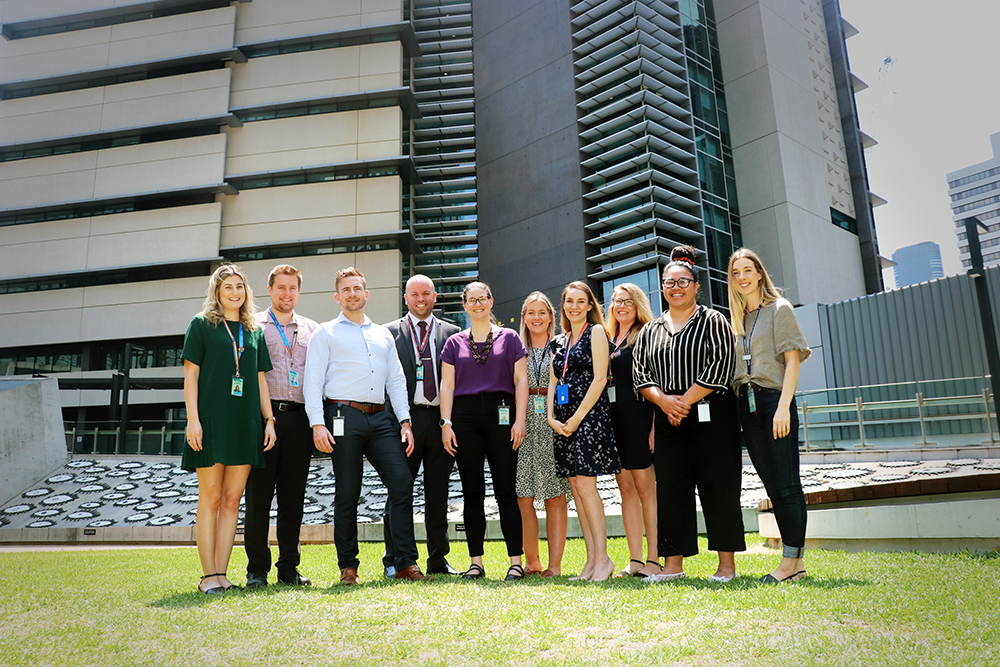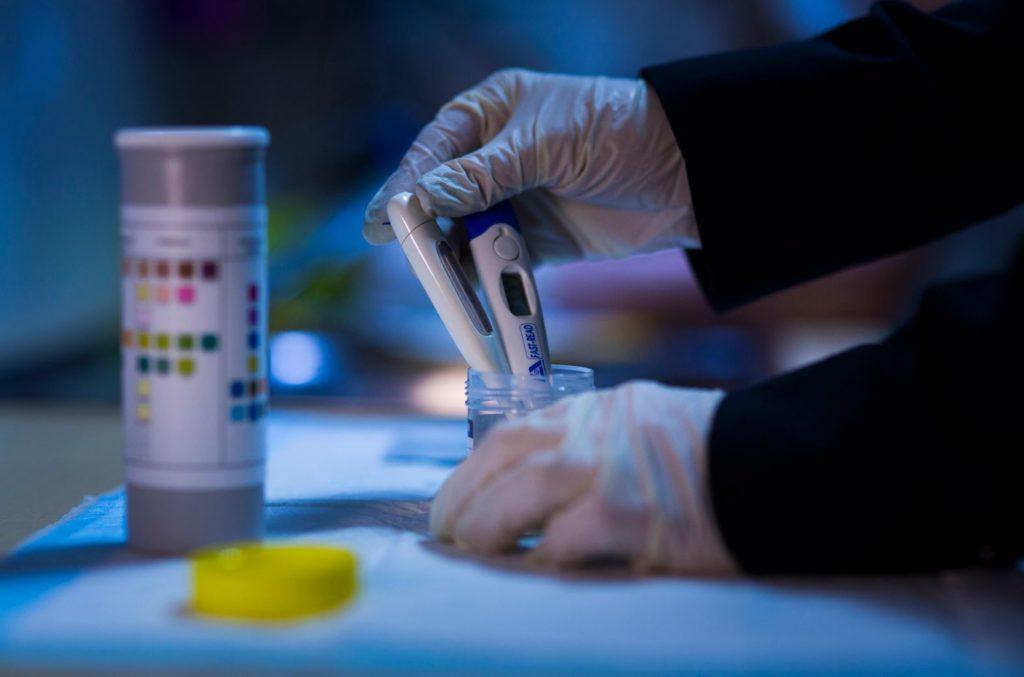Measuring the impossible – how do we work out how many crimes QCS prevented in 2019?
We’ve worked with the Queensland Sentencing Advisory Council to create a new video as part of the Doing Justice Differently series – taking you inside the Queensland Drug and Alcohol Court (QDAC) to see how we work with participants whose offending behaviour is directly associated with severe drug and alcohol use.
The role of every Queensland Corrective Services officer is to protect the community and prevent crime. The measures of our success are crimes that are not committed and offenders who are successfully reintegrated into the community.
The crimes that QCS officers prevent from occurring are successes that are impossible to measure.
One of these behind the scenes success stories happened recently, with the first graduations from the QDAC.
These graduations represent the first successful completions of Drug and Alcohol Treatment Orders since the first participant started their order in May last year.

Community Corrections officers work as a part of a multi-agency team at QDAC, providing an intensive and targeted response to adult offenders with severe drug and alcohol use directly associated with their offending. Offenders are strictly monitored by the court; they are sentenced to undertake treatment to address their drug and alcohol dependencies and criminal thinking.
QCS’ QDAC Senior Case Managers are psychologists, social workers and criminologists who work with participants to address their offending behaviour, while our Surveillance Officers monitor the activity of offenders by conducting urinalysis drug testing, breath testing for alcohol, and home visits.

Our officers deal with the most challenging cohort of people living in our community, demonstrating high levels of initiative and flexibility and working to ensure offenders abide by sentences handed down by the court, and are supported by rehabilitation, supervision and reintegration in order to reduce re-offending.
Corrective services are at the end of a trajectory for members of the community who may have experienced a range of social disadvantages and challenges, including mental health issues, problematic substance use and limited education. They may have had a life marked with unemployment, trauma, neglect or early interactions with the youth justice system.
For some participants, ceasing drug use on the Treatment Order is the first time that they have been completely drug free during their adult life. During the program, they are given the tools and support they need to remain drug free and avoid future contact with the criminal justice system.

Without addressing these social issues, there is a high likelihood these people will reoffend and do more harm in the community. The role of our officers is to ensure that by the time prisoners and offenders leave our custody or supervision, the skills they have gained will enable them to lead productive, crime-free lives.
So while the QDAC participants were given a modest graduation ceremony in Court to congratulate them for completing the program, it represents a significant milestone for us as well, and we are proud to recognise our QDAC team, and all QCS officers who are dedicated to protecting Queensland every day.

